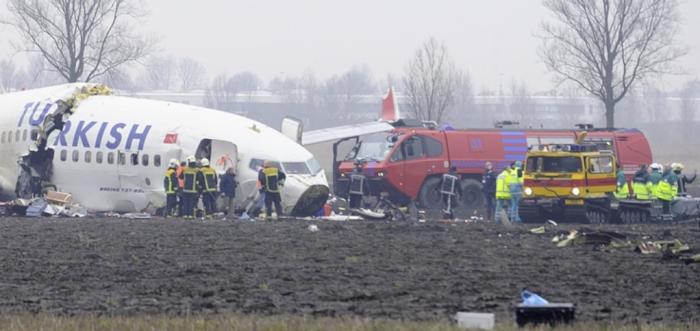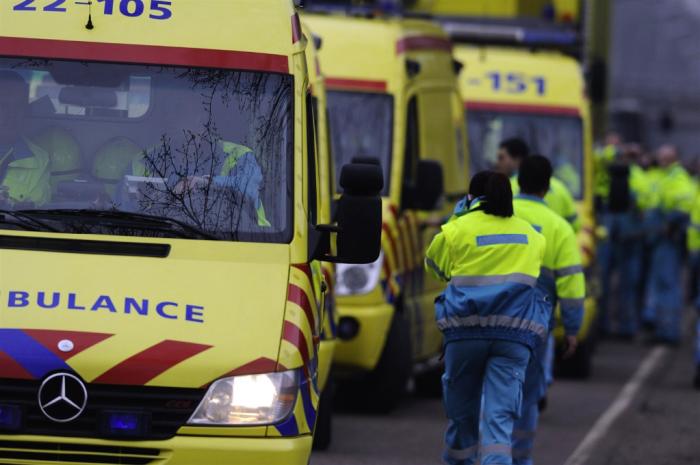Quality of Service-driven Channel Selection for Cognitive Radio Networks (VENI-CR)
The fundamental component of CR disaster relief network is the channel selection mechanism. Based on metrics like channel time-domain statistics (e.g. mean availability time), CR devices select the radio resource that satisfies Quality of Service (QoS) requirements such as message delivery rate. While physical layer metrics used for QoSbased channel selection are well studied, use of time-domain metrics in channel selection is an open scientific problem in CR. As the collection of data on channel utilization must be done sporadically/irregularly to minimize delay, incautious estimation might in-turn hinder the operation of CR network.
In disaster relief networks, data flows have strict QoS requirements, also expressed in
terms of the maximum allowed delay or minimum throughput. I postulate that channel
selection has to be adapted to these QoS goals and depend on confidence levels on
estimated traffic parameters. The key idea is to exploit the information on the estimated
distribution of licensed user traffic in channel selection process. Features like variance or
skewness of the estimated traffic distribution would help in quantifying data flow QoS
disruption probability by instantaneous licensed user appearance. Primary innovations
include (i) investigating fundamental limits of licensed traffic estimation accuracy, given
time and physical layer constraints; and (ii) devising core methods of channel selection
based on distributed parameter estimation considering QoS requirements.

Project data
| Researchers: | Geert Leus, Przemysław Pawełczak, Nihan Cicek, Kasim Sinan Yildirim |
|---|---|
| Starting date: | January 2013 |
| Closing date: | December 2015 |
| Funding: | 250 kE; related to group 250 kE |
| Sponsor: | NWO VENI |
| Partners: | TU Delft, Fac. EEMCS (ES and CAS groups) |
| Users: | NXP Semiconductors; TI-WMC; Dutch Ministry of Defense; National Dutch Police Corps; Agentschap Telecom; KPN; Cisco Systems; Microsoft Research. |
| Contact: | Przemysław Pawełczak |